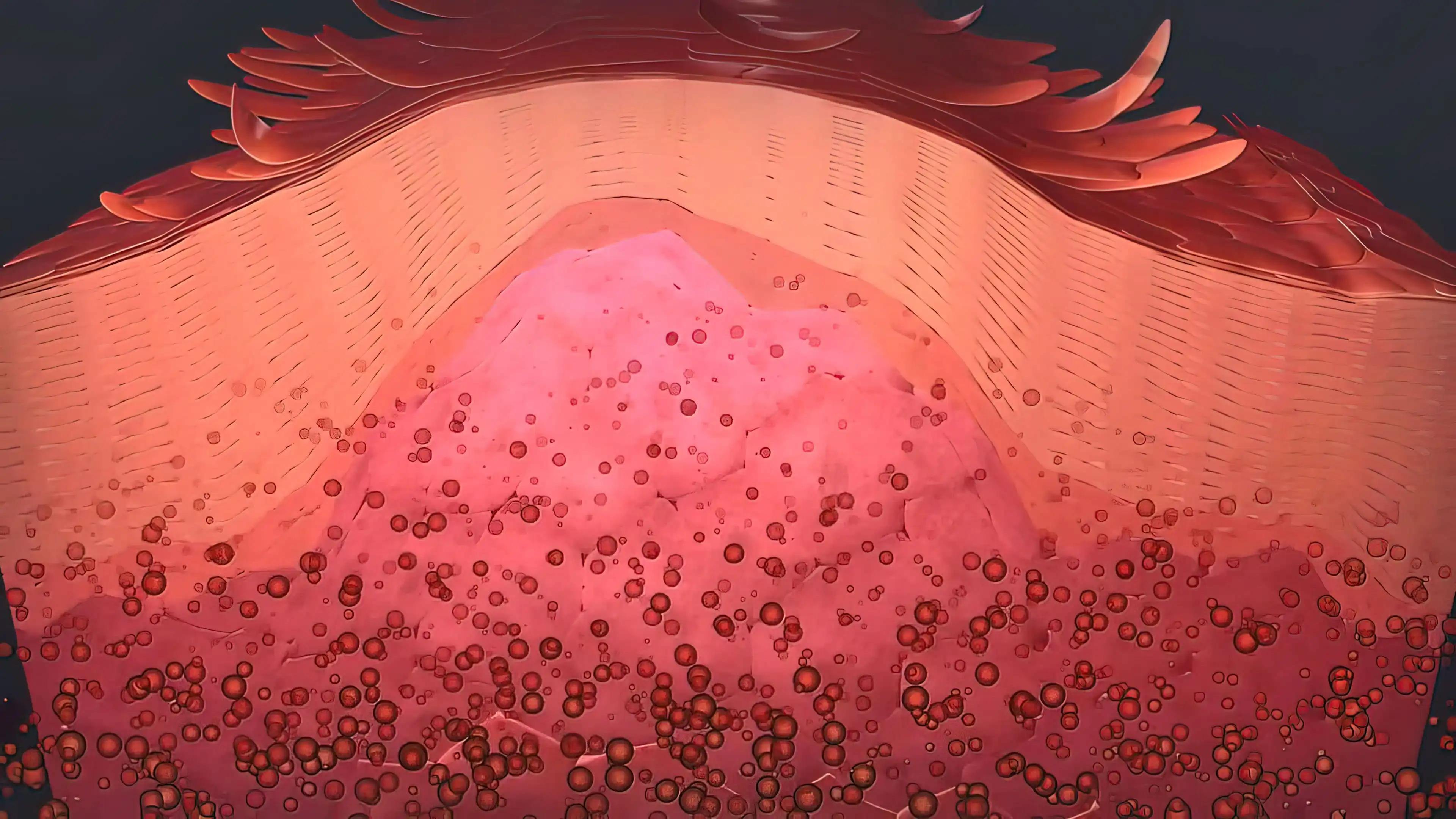KEY TAKEAWAYS
- The study aimed to present a report on the effectiveness of e-biopsy in harvesting significant amounts of lipids from human skin samples.
- The results highlighted the e-biopsy’s potential for analyzing human skin lipidomics and advancing skin cancer research.
The incidence rates of cutaneous squamous cell carcinoma (cSCC) and basal cell carcinoma (BCC) are rising, while the current diagnostic process remains time-consuming. Researchers describe a novel approach to high-throughput tissue lipid sampling using electroporation-based biopsy, called e-biopsy.
Leetal Louie and the team aimed to present a report on e-biopsy’s ability to harvest large lipid quantities from human skin samples.
Researchers identified 168 lipids from 13 samples obtained from 12 patients. They utilized ultra-performance liquid chromatography and tandem mass spectrometry (UPLC-MS-MS) to profile the extracted lipids, generating lipidomic profiles of cSCC, BCC, and healthy skin.
The results revealed that 27 differentially expressed lipids (P< 0.05) through comparative analysis. The overall trend observed was lower diglycerides in both cSCC and BCC, higher phospholipids in BCC, and elevated lyso-phospholipids in cSCC compared to healthy skin tissue samples.
The study concluded that the findings add to the expanding understanding of these skin cancers, offering the potential for groundbreaking insights. Additionally, it showcases the capability of the e-biopsy technique in analyzing lipidomic profiles of human skin tissues.
Funding was provided by the Israel Innovation Authority Kamin project, TAU SPARK fund
TAU Zimin Center for technologies for better life, and EuroNanoMed MATISSE.
Source: https://pubmed.ncbi.nlm.nih.gov/38721854/
Louie L, Wise J, Berl A, et al. (2024). “High-throughput lipidomic profiles sampled with electroporation-based biopsy differentiate healthy skin, cutaneous squamous cell carcinoma, and basal cell carcinoma.” Skin Res Technol. 2024 May;30(5):e13706. doi: 10.1111/srt.13706. PMID: 38721854; PMCID: PMC11079884.



